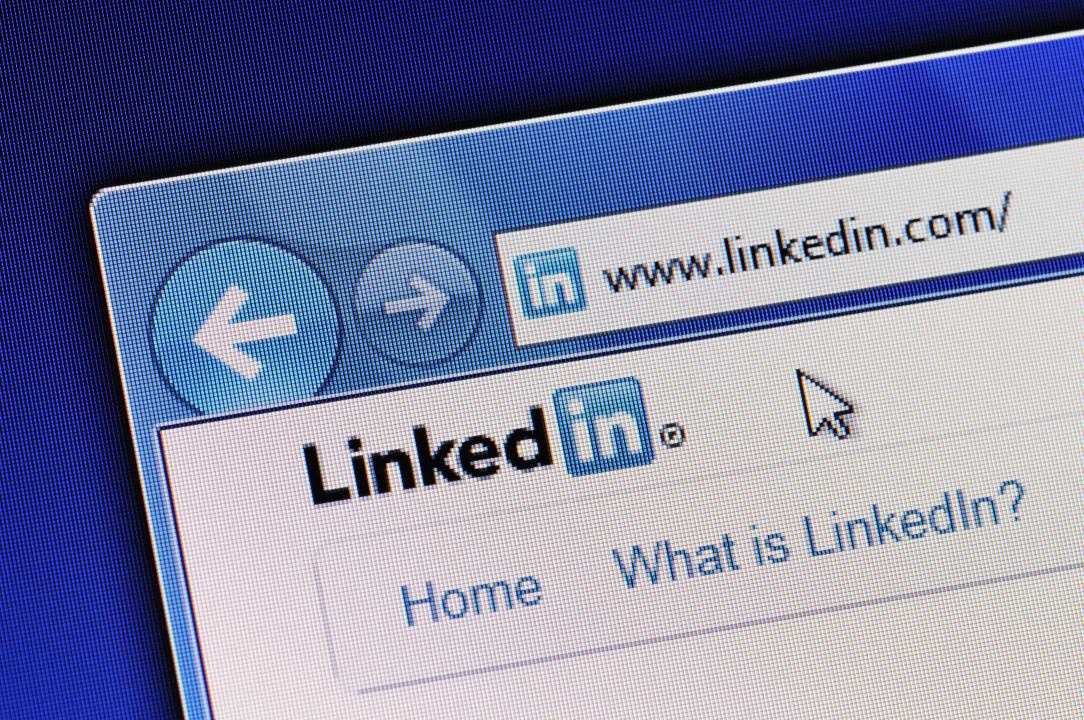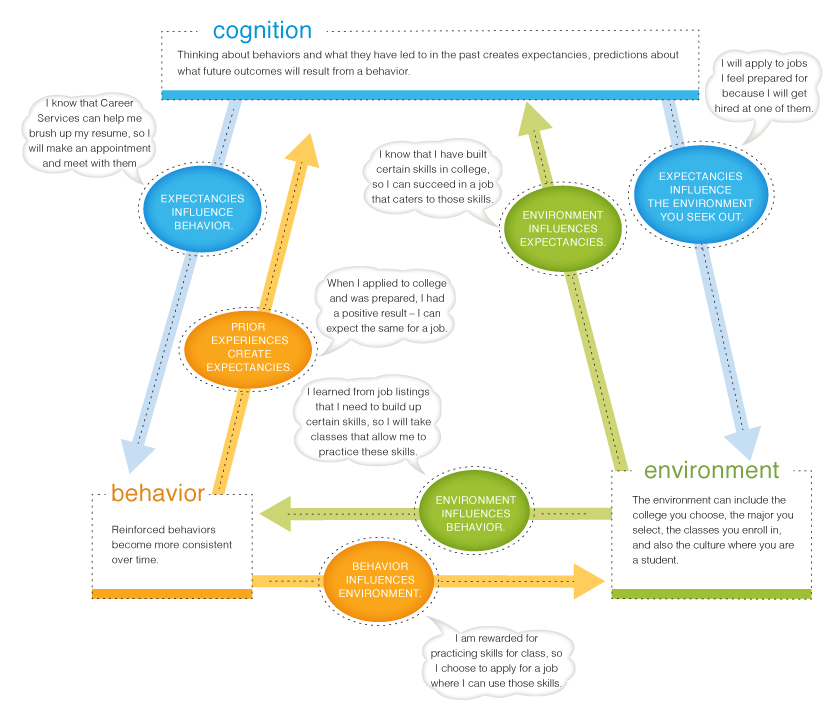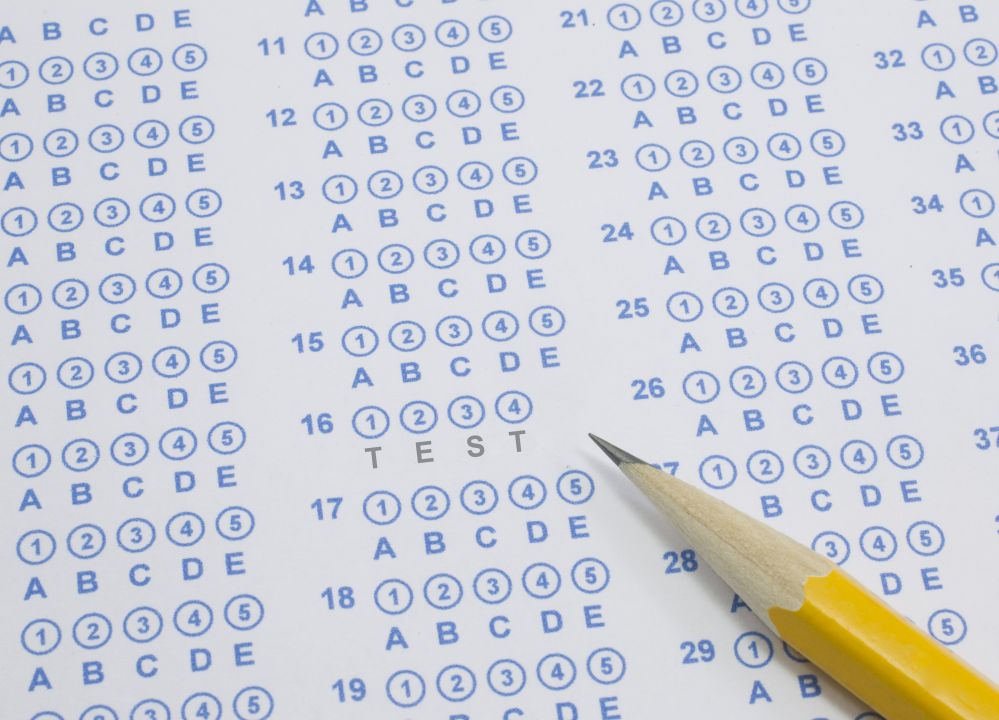Question 1 of 11
true
true
You must read each slide, and complete any questions on the slide, in sequence.
What’s Your Personality?
true
screen1
screen2
Your Situation
Dr. Taryn A. Myers, Virginia Wesleyan College
Reliability
The ability of an assessment to provide consistent, reproducible results.
Validity
The degree to which an assessment measures what it intends to measure.
Test–retest reliability
How consistent results are when the same person takes the test more than once.
Interrater reliability
Refers to the consistency across people scoring an assessment.
Predictive validity
A test can predict future scores on tasks related to the trait being measured.
Five-factor model of personality
A trait approach to explaining personality, including dimensions of openness to experience, conscientiousness, extraversion, agreeableness, and neuroticism; also known as “the Big Five”.
Openness to experience
The degree to which someone is willing to try new experiences.
Conscientiousness
A person’s attention to detail and organizational tendencies.
Extraversion
An individual’s degree of sociability and outgoingness.
Neuroticism
A person’s emotional stability (the degree to which a person is calm, secure, and even tempered).
Agreeableness
Refers to how trusting and easygoing a person is.
Reciprocal determinism
According to Bandura, multidirectional interactions among cognitions, behaviors, and the environment.
Self-efficacy
Beliefs one has regarding how effective he or she will be in reaching a goal.
Minnesota Multiphasic Personality Inventory (MMPI-2-RF)
The most commonly used objective personality test, this self-report questionnaire includes 338 statements. Since the original purpose of the MMPI was to identify disorders and abnormal behavior, it includes 10 clinical scales. It also has validity scales to assess the degree to which the results are useful.

Browsing one of your favorite websites, psychquizzes4u.com, you come across a quiz about personality theorists. Because the quiz looks relevant to what you learned in class and you like to know more about yourself, you click the link to take the quiz.
Which personality theorist are you?
Click NEXT to take this quiz to see which personality psychologist you are. This short quiz will tell you more information about your personality!
Question 2 of 11
screen2
screen3
Which personality theorist are you?
Answer the following questions:








